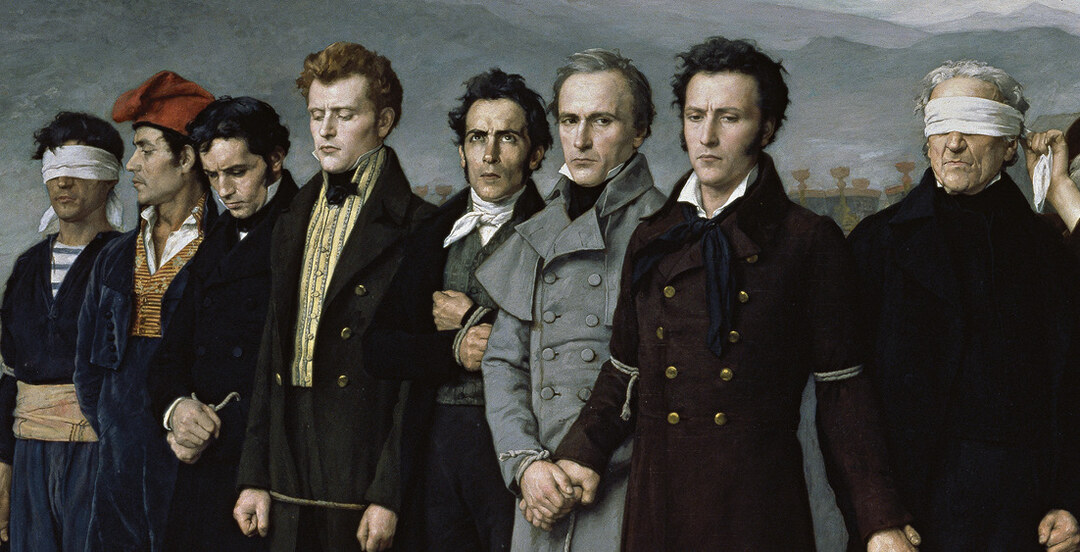
How Free Are We?
How free are well? According to philosopher Louis Althusser’s perspective on ideology, the question of how free we are is intricately tied to the concept of interpellation and the influence of ideology. Althusser’s exploration of ideology and its impact on freedom provides a nuanced perspective on the intricate relationship between individuals and the social structures that shape them. Althusser contends that individuals are not born into a blank slate of freedom but are, from the outset, subjected to ideological influences that contribute to the formation of their subjectivity. This process, known as interpellation, is central to understanding the dynamic between freedom and ideology.
Interpellation, as described by Althusser, is a mechanism through which individuals are hailed or called upon by various ideological apparatuses, such as education, to recognize and internalize specific social roles and norms. This recognition, whether explicit or implicit, leads individuals to adopt certain subjectivities that align with the ideologies perpetuated by the dominant social structures. The paradox, as Althusser sees it, is that individuals may perceive themselves as free subjects, capable of making choices, while simultaneously being subjected to the ideologies that govern their understanding of freedom.
The role of education, particularly the Ideological State Apparatus, becomes crucial in Althusser’s framework. Schools are not merely institutions for imparting knowledge but are active participants in the ideological construction of subjects. The subjects produced by education are not passive recipients of information; they actively engage with and internalize the ideologies embedded in the educational process. Even seemingly neutral subjects, like biology or literature, carry ideological implications that contribute to the overall shaping of individual subjectivities.
However, Althusser’s model has faced criticism for its apparent determinism and oversimplification of how individuals interact with ideologies. Critics argue that individuals are not mere vessels for ideology but possess agency and the capacity to navigate through various, and sometimes conflicting, interpellations. This suggests that the relationship between freedom and ideology is not unidirectional; individuals can actively interpret, contest, and respond to the diverse ideological influences they encounter.
The notion of freedom, within Althusser’s framework, extends beyond a simplistic understanding of personal autonomy. Instead, it involves the intricate interplay between internalized ideologies and the capacity for agency in the face of competing interpellations. While individuals may be subjects of ideological structures, they also retain the ability to critically engage with and negotiate the complex web of ideologies that shape their understanding of freedom. In this way, Althusser’s perspective offers a rich terrain for exploring the multifaceted nature of freedom within the context of ideological influence and subject formation.



